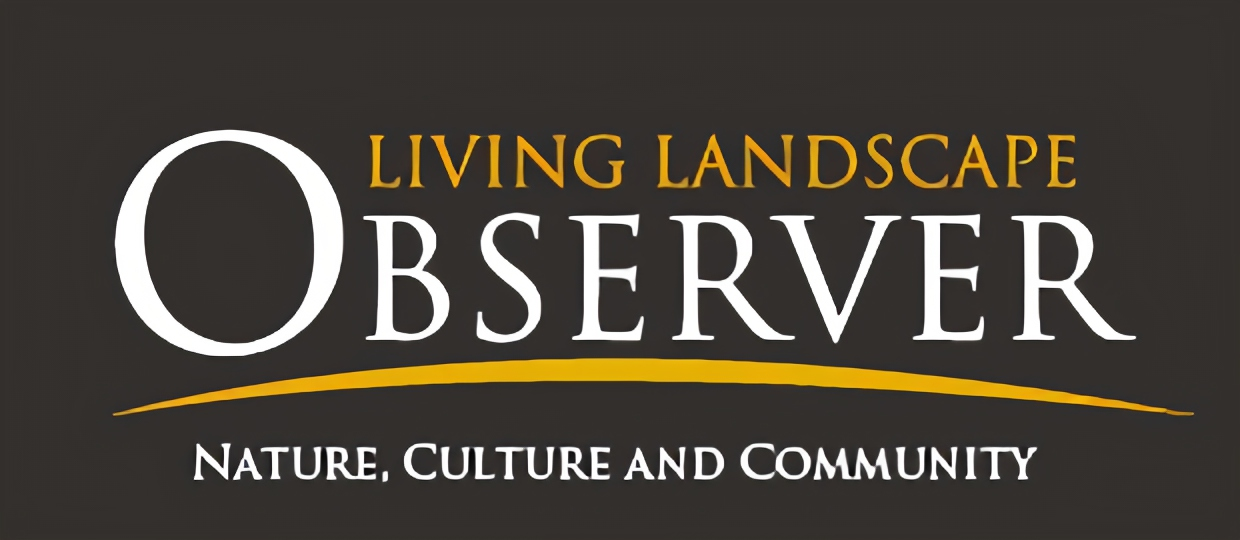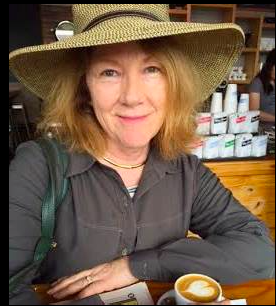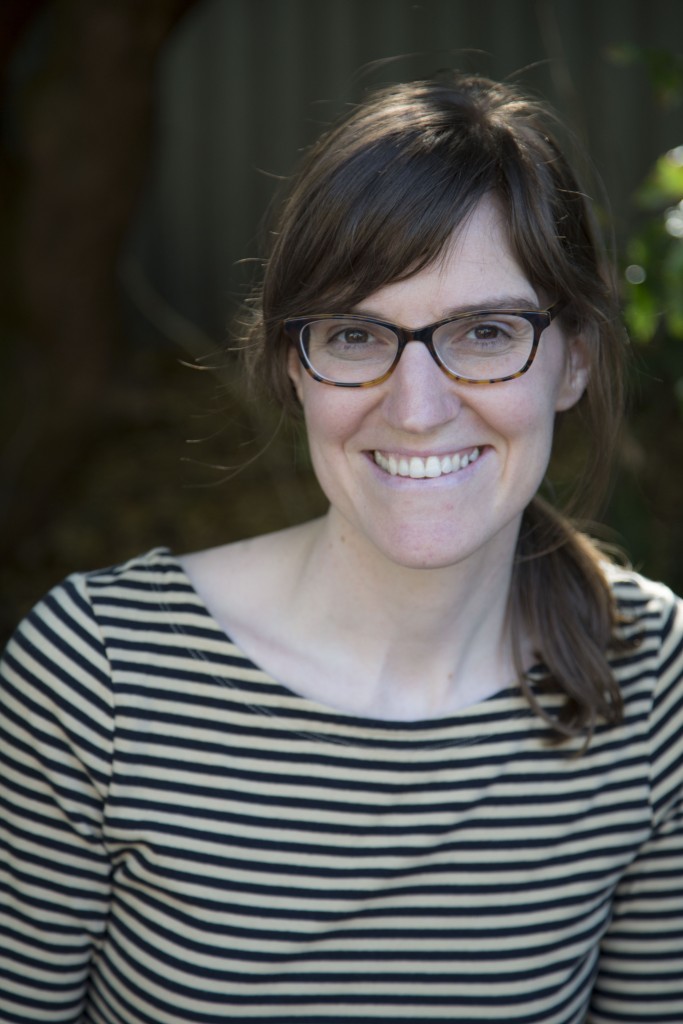To provide observations and information on the emerging fields of landscape scale conservation, heritage preservation, and sustainable community development.
Newsletter
Stay up-to-date with the latest nature, culture and community news.
We won’t spam you or share your information. Newsletters are sent approximately 10 times a year. Unsubscribe at any time.
The Green River Drift: Transhumance in the America West
Transhumance – the practice of seasonally moving livestock from winter pastures in the lowlands to summer grazing in the mountains – is an ancient intangible and cultural tradition practiced all over the world. The term usually invokes quaint and idyllic images of sheepherders in the European Alps or Pyrenees Mountains and not Wyoming cowboys. Read how the Upper Green River Cattle Association has kept this tradition alive in the United States.
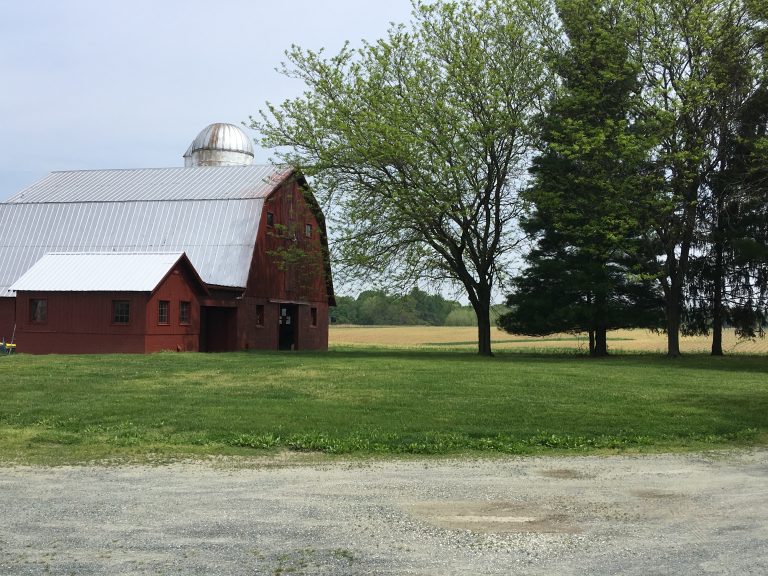
Perpetual Easements as Historic Events
When does the act of conservation itself become historic? Should the establishment of a permanent easement automatically render farmland as potentially eligible for listing on the National Register of Historic Places? Read more about how these ideas could affect the the landscape of historic properties within agricultural communities.
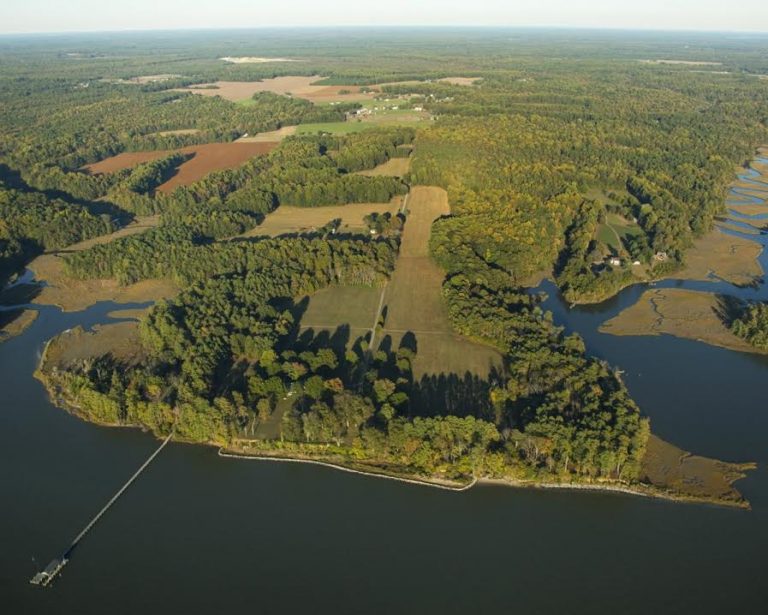
Protecting America’s Long Trails
October, 2018, marks the 50th anniversary of two remarkable federal laws: the National Trails System and Wild and Scenic Rivers Acts. Both laws set up ways that the federal government can assist in protecting and operating “long, skinny corridors” for recreation and heritage resource preservation. The key to the success of these corridors across the landscape and along our waterways has always been partnerships. Federal agencies working with private citizens and dedicated volunteers, have created irreplaceable links to our cultural and natural heritage.
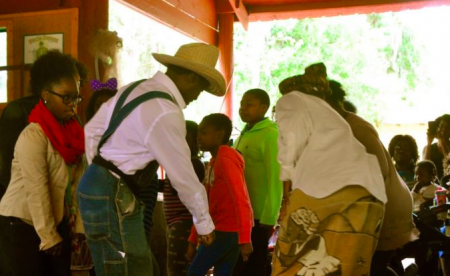
The Gullah Geechee: Reflections on the warp and weft of cultural tradition and landscape
Heather Hodges is the Executive Director of the Gullah Geechee Cultural Heritage Corridor. This piece offers a reflection on the interconnectedness of the Gullah Geechee cultural traditions and the lands on which those traditions were formed.
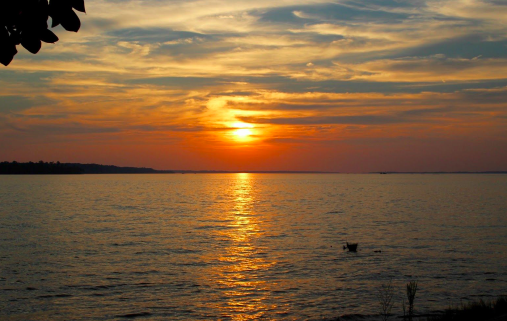
The Slave Route Project: Jamestown 1619
In 1619 an English Privateer arrived at Point Comfort on the James River, bringing the first enslaved Africans to Virginia. Soon to be sold to Jamestown residents, most of the men and women remain nameless. Historical records do reveal that one woman “Angela or Angelo” was purchased by an English Lieutenant Pierce. Today Historic Jamestowne and the National Park Service are working to uncover her story and others. This is just one touch point of the Slave Route Project is documenting the vast and complex cultural landscape of four centuries of the slave trade. But, to go beyond the large landscape, cultural heritage professionals should not hesitate to look for the humanity that can be found in the telling of individual stories of such historical figures as Angela.
The Green River Drift: Transhumance in the America West
Transhumance – the practice of seasonally moving livestock from winter pastures in the lowlands to summer grazing in the mountains – is an ancient intangible and cultural tradition practiced all over the world. The term usually invokes quaint and idyllic images of sheepherders in the European Alps or Pyrenees Mountains and not Wyoming cowboys. Read how the Upper Green River Cattle Association has kept this tradition alive in the United States.

Perpetual Easements as Historic Events
When does the act of conservation itself become historic? Should the establishment of a permanent easement automatically render farmland as potentially eligible for listing on the National Register of Historic Places? Read more about how these ideas could affect the the landscape of historic properties within agricultural communities.

Protecting America’s Long Trails
October, 2018, marks the 50th anniversary of two remarkable federal laws: the National Trails System and Wild and Scenic Rivers Acts. Both laws set up ways that the federal government can assist in protecting and operating “long, skinny corridors” for recreation and heritage resource preservation. The key to the success of these corridors across the landscape and along our waterways has always been partnerships. Federal agencies working with private citizens and dedicated volunteers, have created irreplaceable links to our cultural and natural heritage.

The Gullah Geechee: Reflections on the warp and weft of cultural tradition and landscape
Heather Hodges is the Executive Director of the Gullah Geechee Cultural Heritage Corridor. This piece offers a reflection on the interconnectedness of the Gullah Geechee cultural traditions and the lands on which those traditions were formed.

The Slave Route Project: Jamestown 1619
In 1619 an English Privateer arrived at Point Comfort on the James River, bringing the first enslaved Africans to Virginia. Soon to be sold to Jamestown residents, most of the men and women remain nameless. Historical records do reveal that one woman “Angela or Angelo” was purchased by an English Lieutenant Pierce. Today Historic Jamestowne and the National Park Service are working to uncover her story and others. This is just one touch point of the Slave Route Project is documenting the vast and complex cultural landscape of four centuries of the slave trade. But, to go beyond the large landscape, cultural heritage professionals should not hesitate to look for the humanity that can be found in the telling of individual stories of such historical figures as Angela.
